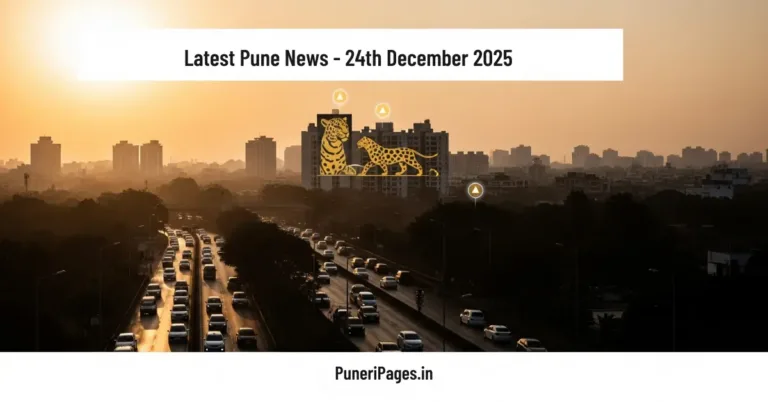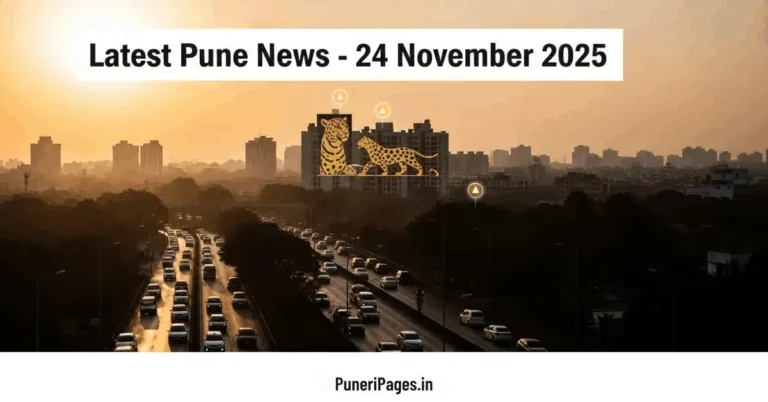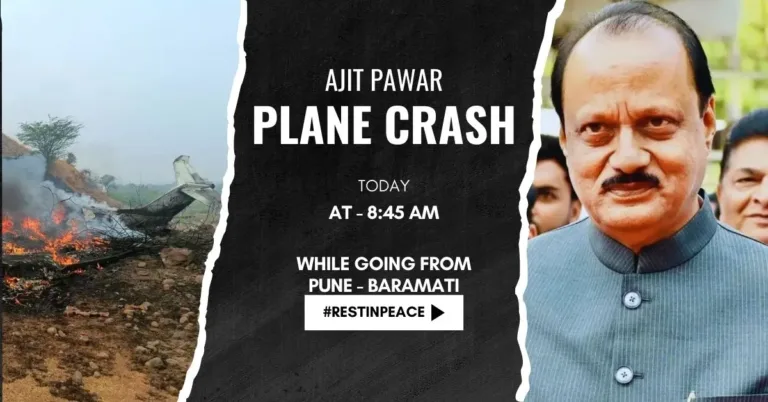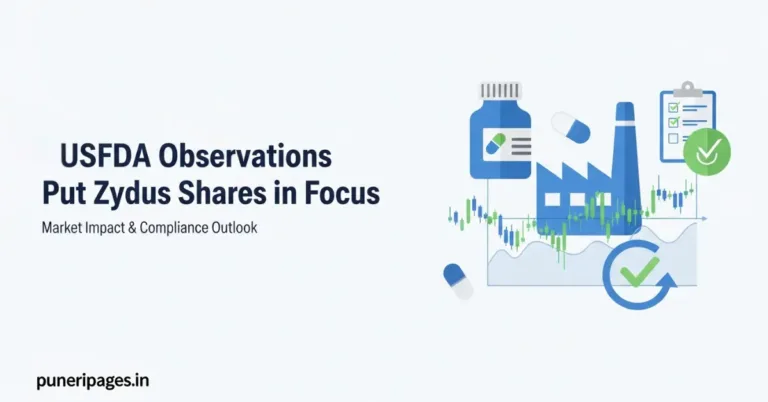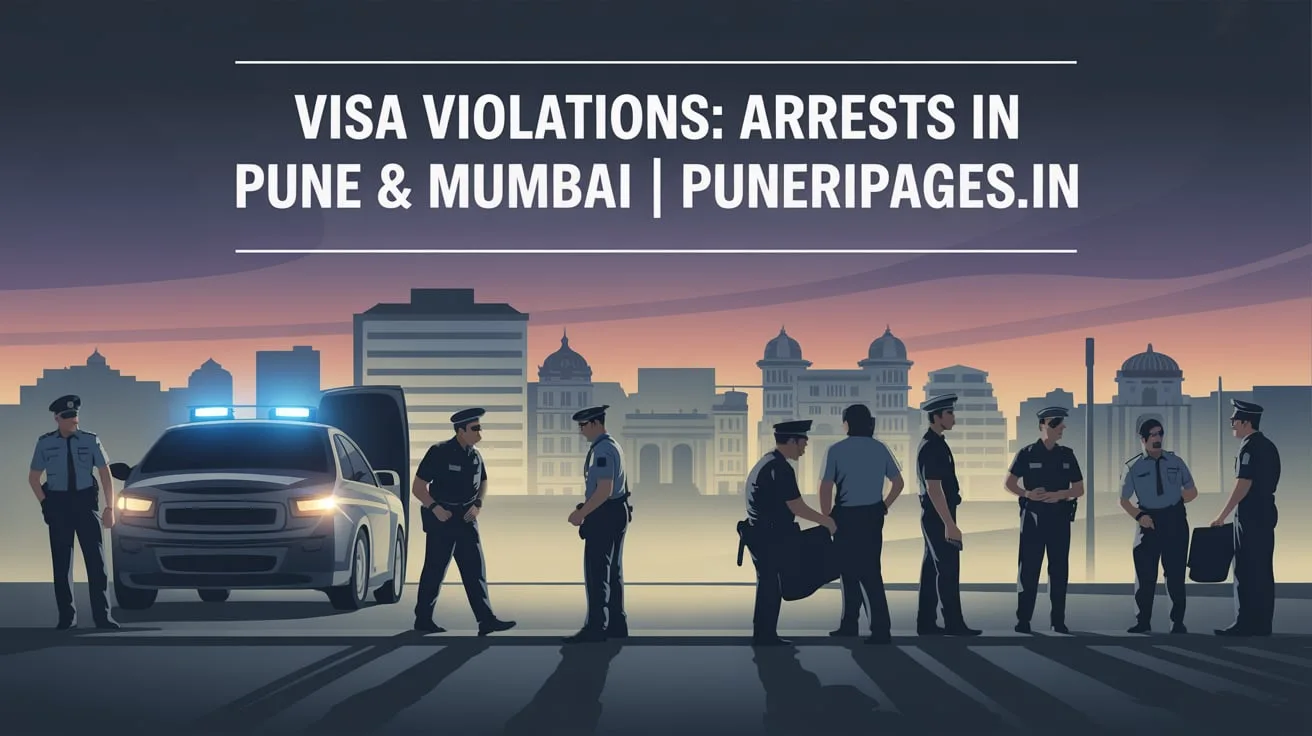
Seven Bangladeshi nationals arrested for illegal stay in Pune and Andheri
When I first came across the news about seven Bangladeshi nationals being caught for illegally staying in India without valid visas, especially in areas so close to home like Pune and Andheri, it immediately made me pause and reflect. This isn’t just another immigration incident — it’s a stark reminder of how deeply intertwined our local security is with national border management. So let’s unpack this situation — what really happened, why it matters, and what we can learn from it as everyday citizens.
Table of Contents
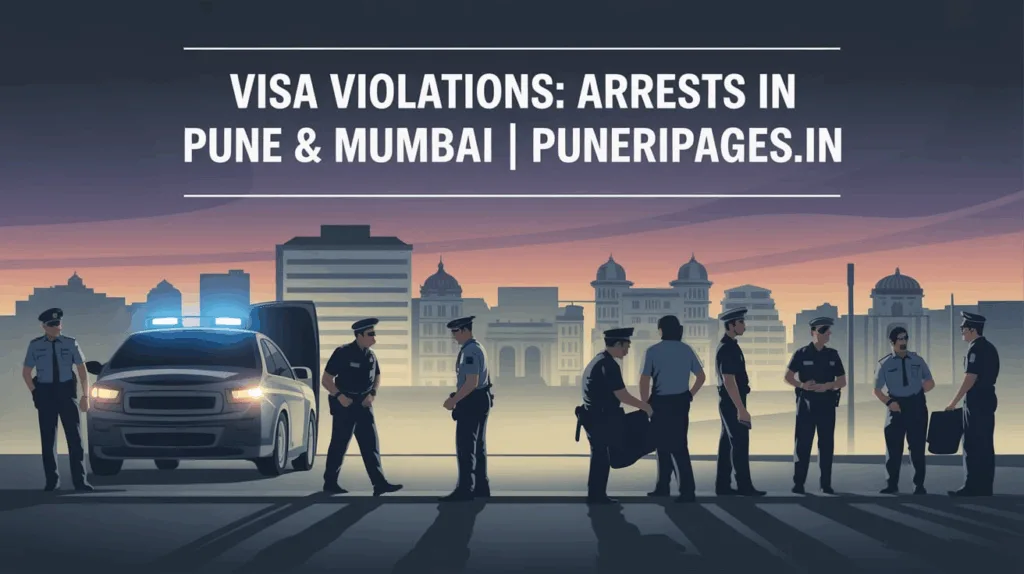
What Actually Happened?
In a joint operation between local police and intelligence units, seven Bangladeshi nationals were apprehended — four in Andheri, Mumbai and three in Pune. All of them were found to be residing without valid travel documents or work permits. Investigations revealed that they had entered India illegally and were possibly working in informal sectors to evade scrutiny.
Why This Is a Big Deal
You might be wondering — why does this matter so much? For one, illegal immigration raises concerns about national security, economic strain, and social integration. It also puts pressure on local law enforcement agencies who are already stretched thin. And for cities like Pune and Mumbai, which are economic hubs, this becomes even more complicated.
Secondly, this incident has highlighted how easily porous our borders can be. It shows there might still be loopholes in monitoring and surveillance, particularly for entry points not governed strictly like international airports or major checkpoints.
What the Law Says
According to the Foreigners Act, 1946, staying in India without proper documentation is a punishable offence. The arrested individuals could face fines, detention, and eventual deportation. The police are also now investigating whether there was a larger network involved — maybe agents who facilitate such illegal entries for a fee.
What It Means for You and Me
Here’s the part where I think we all need to be more mindful: this isn’t just a government or police issue. Illegal immigration can directly or indirectly affect us — from job market distortions to rising rental rates in some neighborhoods. It’s important we remain alert. If you suspect illegal residency in your area or if someone is living without proper ID or rental agreements, report it to local authorities. We need to do this responsibly, without resorting to xenophobia.
My Takeaway
Living in a globally connected city like Pune has its perks, but it also comes with shared responsibilities. We often assume immigration is something that happens far away at borders, but the reality is — the effects land right in our backyards. It’s not about creating fear. It’s about understanding the reality and being conscious citizens.
So next time when you hear about such incidents, don’t just scroll past. Take a minute to think about how these stories connect back to our everyday lives.
FAQs
Q1: Is this the first time such arrests have been made in Pune or Mumbai?
No, there have been previous instances of illegal immigrants being arrested in both cities, especially in industrial and construction zones.
Q2: What sectors do such illegal immigrants usually work in?
Most are found working in informal sectors like construction, domestic help, or small-scale manufacturing units.
Q3: What are the penalties for illegal stay in India?
The Foreigners Act allows for fines, imprisonment, and deportation for those found guilty.
Q4: Are landlords held responsible if they rent to undocumented immigrants?
Yes. If a landlord is found knowingly renting to someone without valid documents, they can face legal action.
Q5: How can the public help?
By being vigilant and reporting suspicious cases to local authorities or police.
Q6: Is it safe to report such cases?
Yes, reports can usually be made anonymously to ensure public safety.
Q7: What measures are being taken to prevent such illegal entries?
Authorities are increasing border surveillance, using biometrics, and collaborating with intelligence agencies.
Q8: Are there any community programs to educate people about legal documentation?
Yes, some NGOs and local government bodies run awareness programs in high-risk areas.
Q9: What if someone unknowingly hires an undocumented worker?
It’s the employer’s responsibility to verify documents. Ignorance is not a valid defense under the law.
Q10: Can these individuals apply for legal status later?
In most cases, no. If someone enters illegally, there’s no legal pathway available later.

